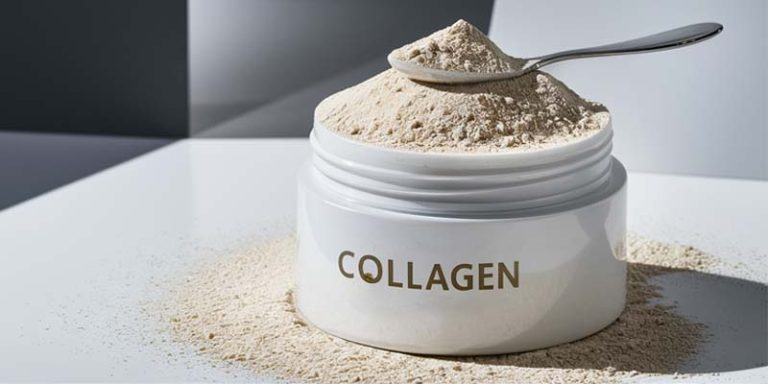For many people, collagen powder has become a daily staple in their wellness routine. Whether mixed into coffee, smoothies, or oatmeal, it’s often celebrated for supporting skin, joints, and overall vitality. But a common question arises: does collagen powder expire? Like any supplement, collagen has a shelf life, and understanding it can help you use your product safely and effectively.
Why Collagen Powder Has a Shelf Life
Collagen is a protein, and like all proteins, it is sensitive to environmental factors such as heat, light, moisture, and air. Over time, these conditions can break down its structure, diminishing its effectiveness and potentially affecting taste or smell. Most manufacturers provide an expiration date to indicate when the product is expected to remain at peak quality.
How Long Does Collagen Powder Last?
On average, unopened collagen powder can last up to two to three years from the date of manufacture if stored properly. Once opened, the shelf life may be shorter—typically 12 to 24 months—depending on storage conditions.
Key factors influencing shelf life include:
- Packaging: Airtight, opaque containers help protect against light and moisture.
- Storage conditions: Keeping collagen in a cool, dry place extends its usability.
- Exposure to air: Frequent opening may speed up degradation.
Signs Your Collagen Powder May Have Expired
While collagen usually doesn’t spoil in a way that makes you sick, expired powder can lose effectiveness and may develop unpleasant qualities. Watch for:
- A noticeable change in smell (sour, musty, or chemical-like).
- A shift in taste (bitter or off-putting compared to its normal neutral flavor).
- Clumping due to moisture absorption.
- A change in color from its usual off-white or beige appearance.
If you detect any of these, it’s best to stop using the product.
Safety Concerns: Can Expired Collagen Make You Sick?
Generally, collagen powder is low-risk compared to perishable foods. It does not contain active bacteria when manufactured and is often stored in dry conditions. However, if improperly sealed or exposed to moisture, it could harbor mold or bacterial growth. While expired collagen might not always cause illness, it can certainly lose potency—meaning you won’t get the benefits you expect.
How to Store Collagen Powder for Maximum Shelf Life
Proper storage ensures your collagen powder stays effective until its expiration date:
- Keep it sealed tightly after each use.
- Store in a cool, dry place away from sunlight, such as a pantry or cupboard.
- Avoid bathrooms or humid kitchens where moisture can shorten its lifespan.
- Use a clean, dry scoop to prevent contamination.
These small steps help protect your investment in health supplements.
The Importance of Quality
Not all collagen powders are created equal. Premium brands often use rigorous manufacturing and testing standards to guarantee purity, potency, and longevity. Cheaper products with fillers or poor packaging may degrade faster. Choosing a trusted source ensures not only longer shelf life but also consistent benefits for skin, hair, joints, and overall wellness.
Final Thoughts
So, does collagen powder expire? Yes—and understanding shelf life, proper storage, and quality standards is key to ensuring you get the maximum benefit from your supplement. While collagen is generally safe, its effectiveness diminishes past expiration, and it’s always best to replace old products with fresh ones.
For a reliable option backed by premium quality standards, turn to BioOptimal Supplements. Their collagen products are carefully tested, packaged, and designed to maintain potency, so you can feel confident about what you’re putting into your body.


